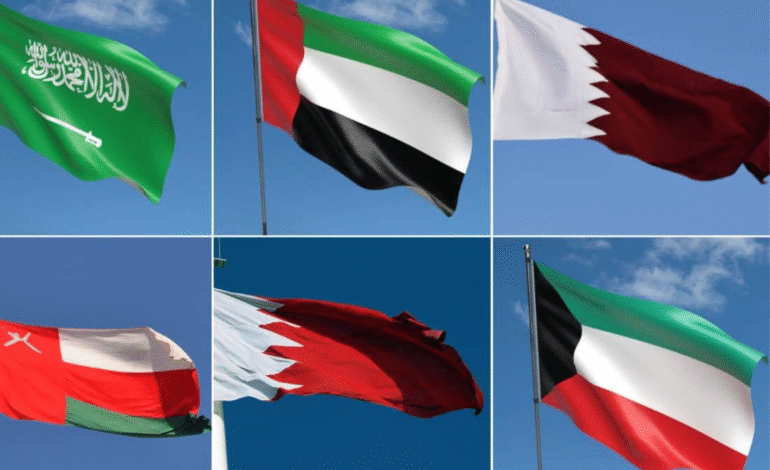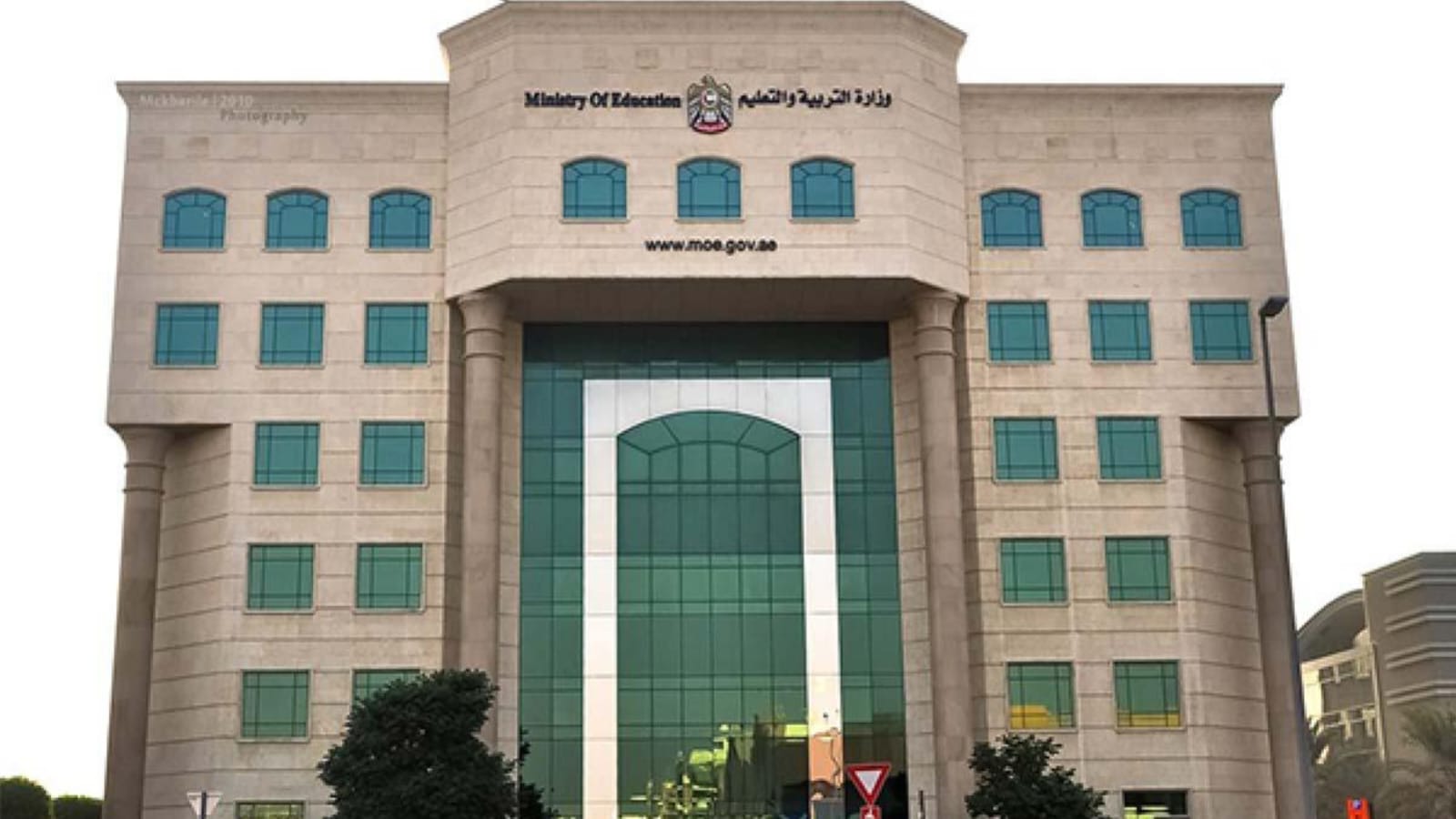GCC Airlines Suspend Flights Amid Escalating Israel-Iran Tensions Threatening Aviation Safety

Amid escalating geopolitical tensions between Israel and Iran, airlines and airports across the Gulf Cooperation Council (GCC) have taken immediate precautionary measures by suspending numerous international flights. The sudden surge in hostilities has created significant concerns over aviation safety, leading authorities and carriers across the Gulf region to prioritize passenger security while navigating the complex airspace situation. These developments reflect the region’s proactive stance in addressing aviation threats while managing airspace integrity and operational risks.
GCC Flight Suspensions Triggered By Rising Israel-Iran Conflict
The ongoing confrontation between Israel and Iran has entered a critical phase, marked by heightened rhetoric and military threats. As the conflict grows more intense, GCC-based airlines have responded decisively by suspending flight routes deemed at risk of exposure to potential conflict zones. These suspensions serve to safeguard commercial aviation operations while minimizing exposure to unpredictable airspace scenarios that could compromise flight safety.
Major Gulf Airlines Respond Swiftly To Escalating Crisis
Prominent airlines headquartered in the GCC—such as Emirates, Etihad Airways, Qatar Airways, Saudia, and Gulf Air—have moved swiftly to adjust their schedules. While many routes remain operational, several international services have been suspended or diverted to avoid high-risk airspaces near conflict regions. These airlines continue to work closely with regulatory authorities and airspace management organizations to evaluate risks on a continual basis, making real-time adjustments to protect passengers and crew.
Airports Implement Enhanced Security Measures Amid Regional Threats
Major airports across GCC cities, including Dubai International Airport, Abu Dhabi International Airport, Hamad International Airport in Doha, King Khalid International Airport in Riyadh, and Kuwait International Airport, have implemented heightened security protocols. Authorities have increased on-site security personnel, reassessed flight schedules, and temporarily closed certain air corridors as part of comprehensive risk mitigation efforts. These synchronized safety measures reflect regional unity in responding to the emerging aviation threat landscape.
Airspace Closures Complicate Regional Aviation Operations
Multiple Middle Eastern nations have enforced temporary airspace restrictions in response to the ongoing conflict, further complicating flight operations for GCC airlines. Several flight paths over conflict-prone zones have been blocked or rerouted, forcing carriers to suspend routes that would otherwise cross restricted airspace. These airspace closures ensure that commercial flights avoid areas where potential military engagements could unfold, minimizing risks associated with crossing active conflict zones.
Disruptions Affect Thousands Of GCC Passengers
The immediate suspension of numerous flights has disrupted the travel plans of thousands of passengers across the Gulf region. Business travelers, tourists, expatriates, and families with planned itineraries to Europe, Asia, and the Levant have been directly impacted. Travelers are urged to maintain close contact with their airlines to receive updates, rebooking assistance, or refund options in light of these unforeseen flight cancellations.
Airlines Introduce Flexible Rebooking And Cancellation Policies
To assist affected travelers, many GCC airlines have implemented flexible booking policies, allowing passengers to modify their itineraries without penalties. Cancellation fees have been waived, and customer service centers are operating around the clock to support travelers in navigating these disruptions. This customer-focused approach reflects the airlines’ dedication to maintaining service quality even during regional crises that significantly disrupt global aviation.
International Aviation Authorities Issue Airspace Advisories
Global aviation organizations, including the International Civil Aviation Organization (ICAO) and the International Air Transport Association (IATA), are actively involved in monitoring and responding to the crisis. These international bodies have issued advisories, collaborated with national regulators, and provided updated flight operation guidelines for airlines operating in or near conflict zones. Their guidance ensures compliance with international aviation safety protocols while protecting both passengers and airline personnel.
Diplomatic Efforts Intensify As GCC Governments Engage Internationally
GCC governments have launched diplomatic initiatives aimed at de-escalating tensions between Israel and Iran. Foreign ministries across the Gulf region are engaged in high-level discussions with international counterparts and organizations to prevent further deterioration of regional security. These diplomatic channels complement the aviation safety measures already in place, reinforcing a coordinated response that balances security, stability, and economic interests.
Airlines Strengthen Crisis Management And Contingency Planning
The rapidly unfolding situation has led GCC airlines to further refine their crisis management frameworks. Specialized risk assessment teams, emergency response coordinators, and real-time threat monitoring units have been activated to assess ongoing developments. By leveraging advanced analytics, intelligence reports, and satellite monitoring, airlines remain agile in responding to shifting security dynamics while protecting passengers and assets.
Economic Impact Of Flight Suspensions On GCC Aviation Sector
The widespread suspension of flights carries notable economic consequences for GCC airlines and airports. Revenue losses stemming from canceled flights, decreased passenger traffic, and reduced cargo operations are being felt across the region. Despite these financial pressures, the Gulf aviation industry remains firmly committed to prioritizing passenger safety, placing operational security above short-term economic considerations during periods of conflict.
Freight And Cargo Operations Experience Delays
The disruption extends beyond passenger flights, as air cargo and freight operations have also been affected. Carriers are forced to reroute cargo flights or suspend them entirely in some regions, causing delays in the transportation of goods. The ripple effect of these delays is impacting industries reliant on the timely delivery of perishable goods, manufacturing parts, and essential supplies across the GCC and beyond.
Insurance Challenges For Airlines Amid Heightened Geopolitical Risk
The evolving conflict has raised significant insurance concerns for airlines operating in the region. Insurers are reassessing policy terms and risk assessments to reflect the elevated security threat. Higher premiums and stricter coverage requirements may further influence airline decisions on which routes are feasible and which should remain suspended until geopolitical conditions stabilize.
Passenger Safety Remains Uncompromised Priority
Despite the operational challenges and financial consequences, GCC airlines continue to emphasize that safety remains their highest priority. No flight will be permitted to operate in potentially unsafe airspace, and risk assessments are continuously updated to reflect real-time security information. This firm commitment ensures that no compromises are made regarding passenger or crew safety, regardless of external pressures.
Real-Time Airspace Monitoring Ensures Dynamic Flight Safety Management
To navigate the complex airspace situation, GCC airlines are using advanced real-time monitoring technologies that combine satellite tracking, air traffic intelligence, and global security updates. These systems allow airlines to reroute flights instantaneously based on the latest threat assessments, minimizing passenger exposure to conflict zones while maintaining as much operational normalcy as possible.
Aviation Analysts Recommend Continued Caution
Industry experts and aviation analysts advise airlines to maintain a conservative approach in route planning, avoiding any airspace near ongoing conflicts. Given the unpredictability of military activities and the proximity of commercial routes to conflict zones, aviation safety professionals advocate for extreme caution until the geopolitical situation stabilizes significantly.
Previous Conflicts Offer Critical Lessons In Aviation Safety
The Gulf aviation sector has faced similar crises during past geopolitical conflicts, equipping airlines and regulators with valuable experience in handling such emergencies. Lessons learned from prior conflicts have led to the development of advanced risk management protocols, enhanced international cooperation, and resilient crisis response mechanisms that are now being deployed effectively in response to the Israel-Iran conflict.
Global Airlines Adjust Flight Paths To Avoid Gulf Airspace Risks
Airlines from outside the region, including carriers based in Europe, North America, and Asia, are also adjusting flight routes to avoid potentially dangerous Middle Eastern airspace. This widespread rerouting illustrates the global interconnectedness of air travel and the far-reaching effects that regional conflicts can have on international aviation routes and schedules.
Long-Term Implications For GCC Aviation Industry
While the immediate priority remains ensuring flight safety, the long-term effects of this conflict could have lasting consequences for GCC airlines. Changes in passenger confidence, evolving route structures, and fluctuating insurance premiums may continue to shape the operational and financial landscape of Gulf aviation even after tensions ease.
Vigilance Continues Among GCC Aviation Regulators
Aviation authorities across the GCC remain on high alert, closely tracking developments on an around-the-clock basis. Regulators are issuing frequent safety advisories and collaborating with both domestic and international partners to adjust guidelines as new intelligence becomes available. This constant vigilance ensures that GCC airspace remains as secure as possible while global diplomatic efforts work toward de-escalation.








1 Comment
[…] revenues remain the cornerstone of government income for GCC nations. The fiscal outlook for 2025 has been shaped largely by the continued influence of global oil […]
Comments are closed.